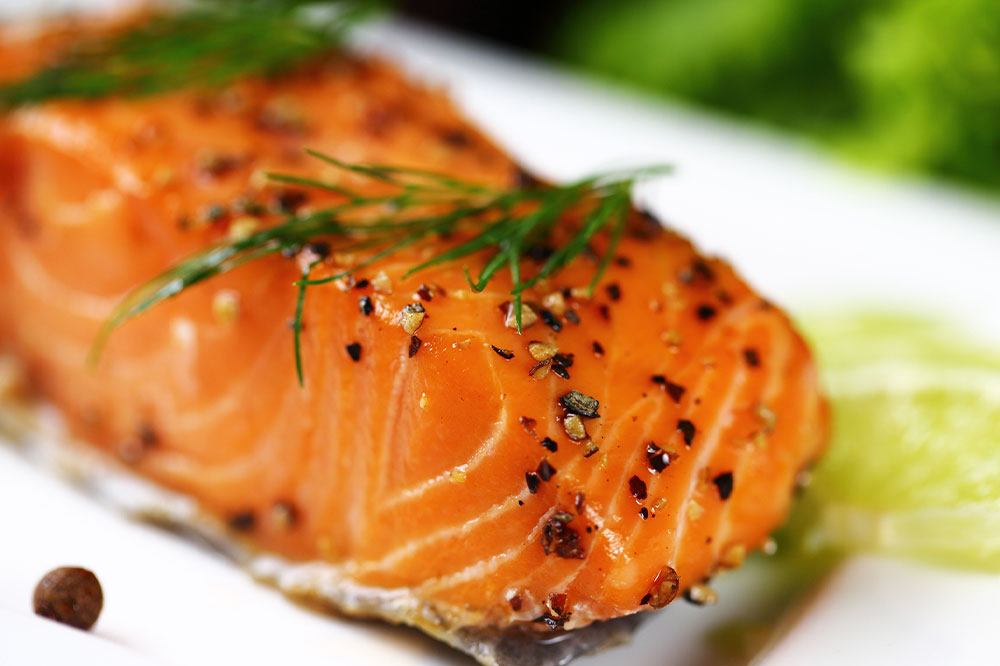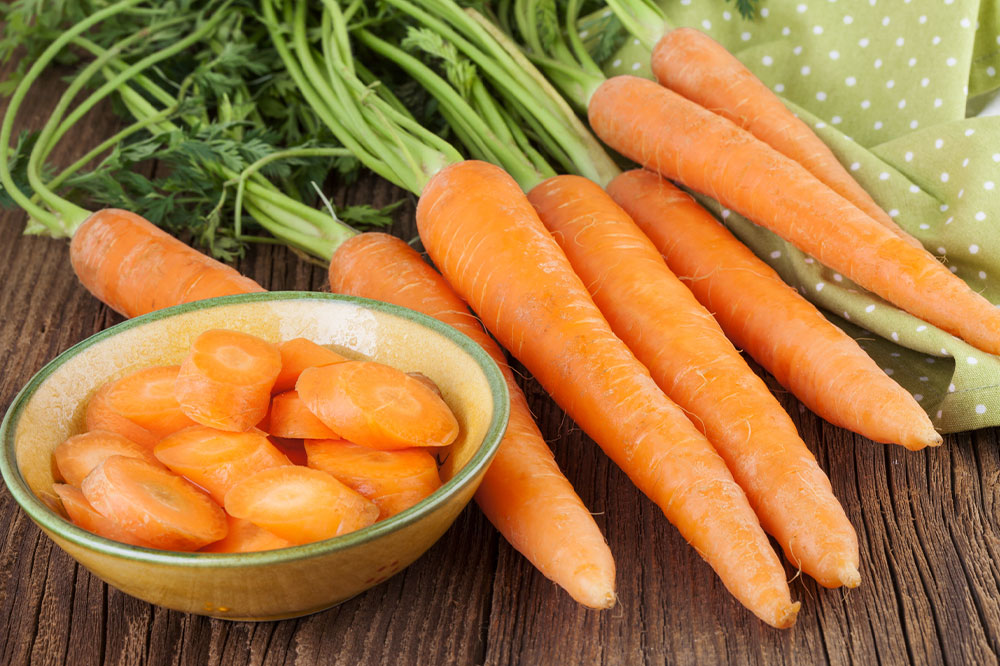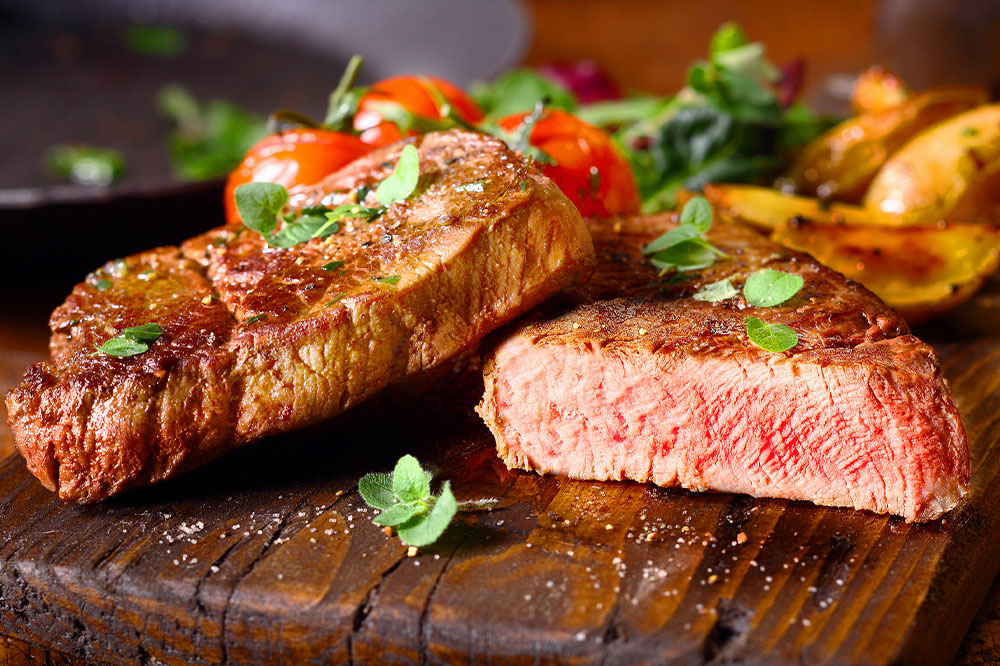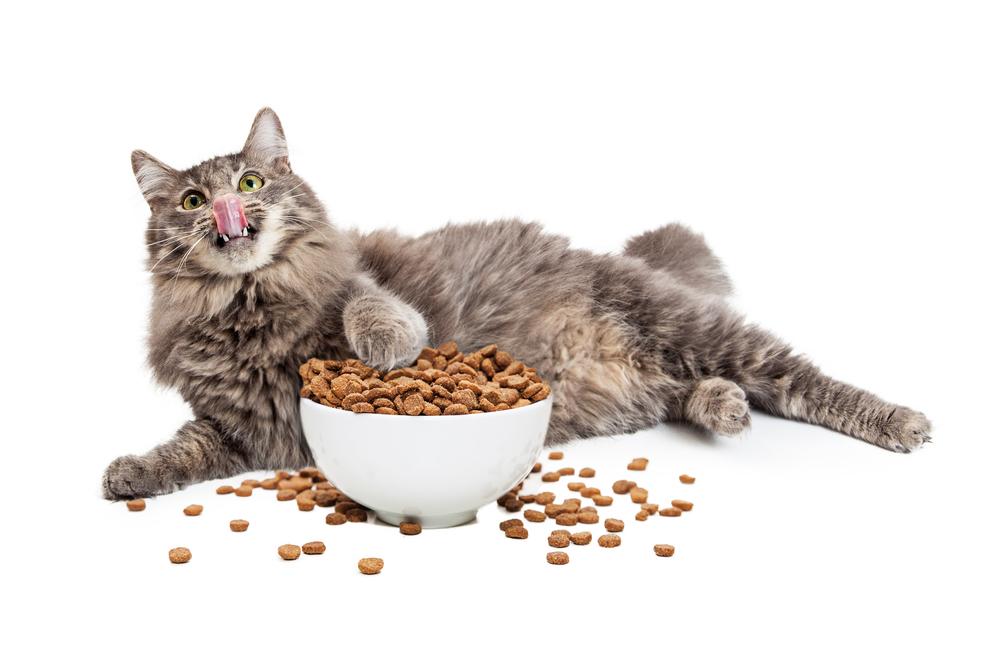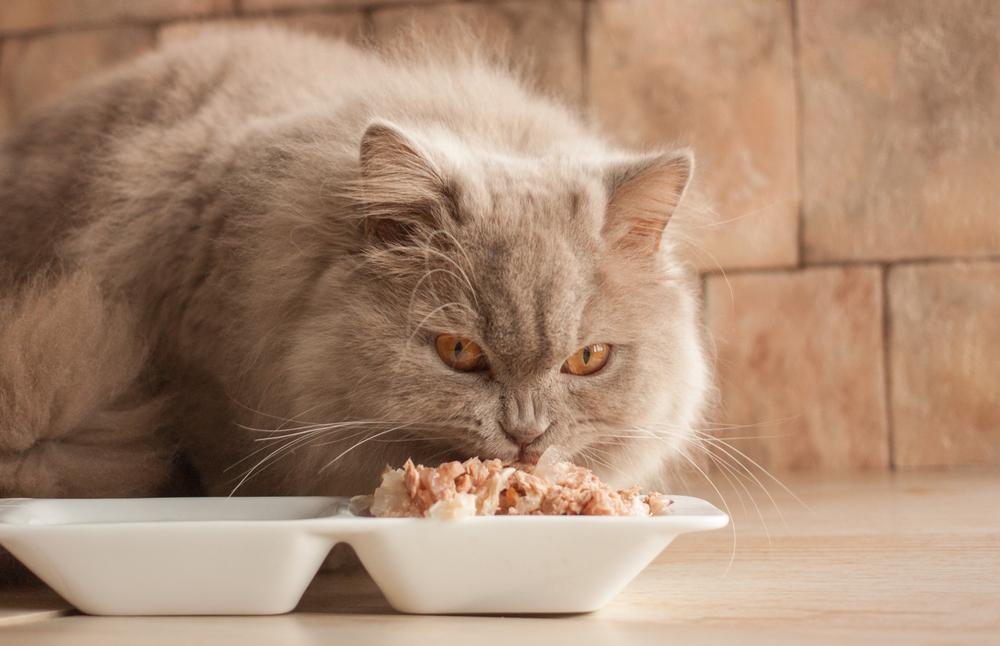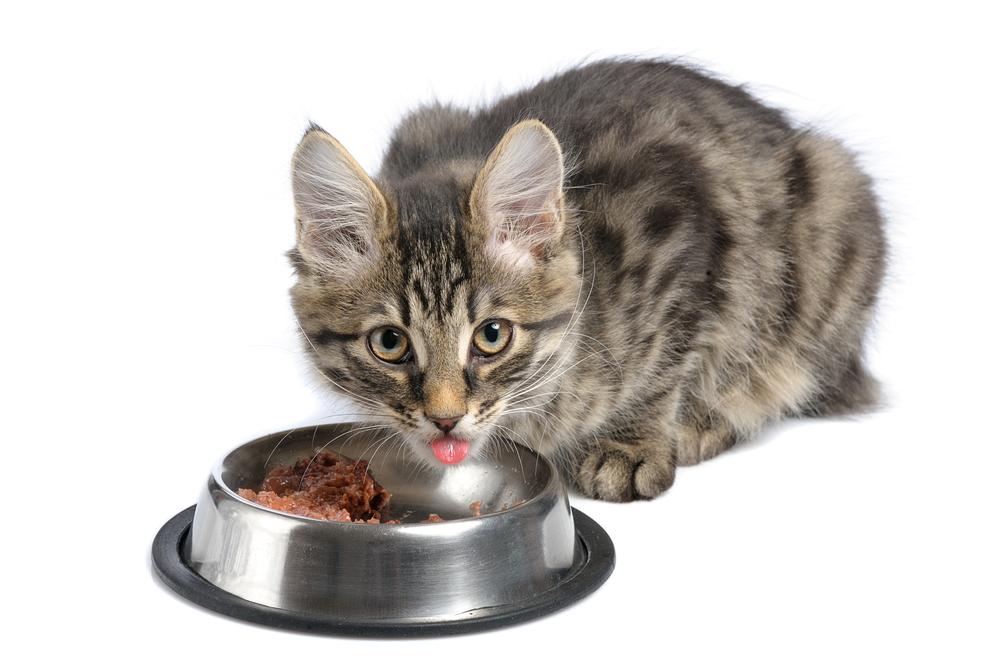Comprehensive Guide to Safe and Healthy Human Foods for Cats
Discover a detailed guide on human foods safe for cats, including eggs, vegetables, fruits, lean meats, fish, and grains. Learn how to prepare and serve these foods properly to promote your feline friend's health. This comprehensive article offers practical tips and safety precautions to enrich your cat's diet naturally and healthily.
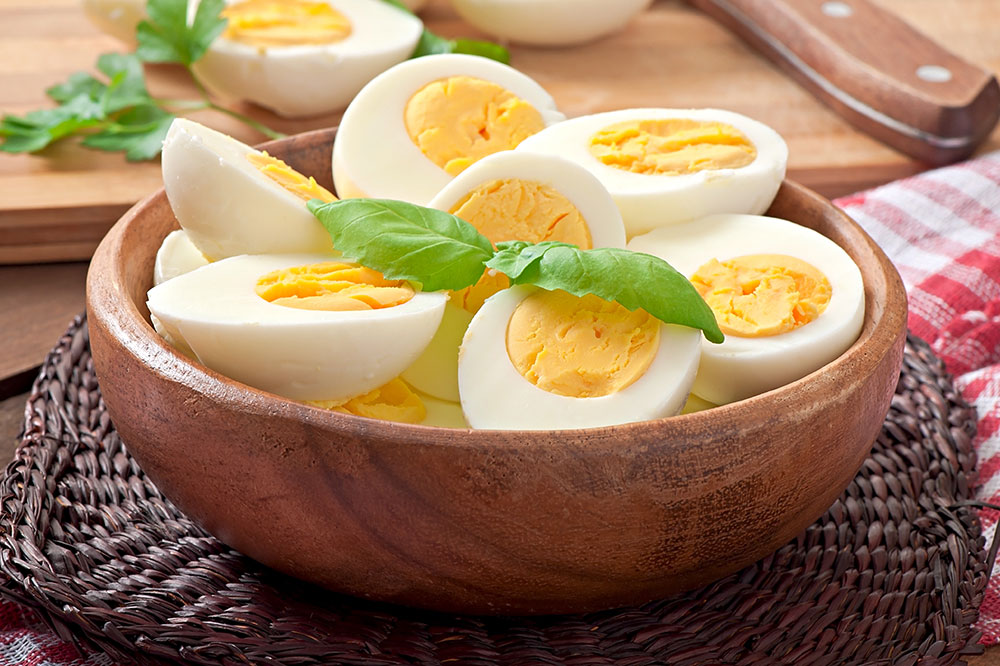
Nutritious Human Foods That Are Safe and Beneficial for Your Feline Friends
Caring for cats involves understanding their dietary needs and what human foods can be safely incorporated into their diet. While commercial cat foods are specially formulated to meet feline nutritional requirements, offering safe human foods in moderation can provide variety and additional health benefits. Preparing these foods at home is a convenient way to ensure your pet receives wholesome nourishment without the additives found in some processed products. In this comprehensive guide, we explore various human foods that are safe for cats, along with tips for proper preparation and serving to keep your feline friends happy and healthy.
Eggs — A Powerhouse of Nutrients
Eggs are a rich source of high-quality protein, essential amino acids, and vital nutrients that support your cat's overall health. These nutrients are heavily incorporated into many commercial cat foods, making eggs a natural supplement when offered correctly. Eggs also contain vitamins like B12 and D, as well as minerals such as selenium and choline, which promote good immune function and brain health.
However, caution is necessary when serving eggs to cats. Raw eggs can harbor salmonella bacteria, which pose health risks to both pets and humans. Therefore, it's safest to serve eggs that are cooked thoroughly. Lightly scrambled, boiled, or poached eggs without any seasoning or added fats are ideal. As a treat, small portions of cooked eggs can supplement your cat’s diet, providing them with essential nutrients for muscle development, coat health, and energy levels.
Fruits and Vegetables — Natural Healthy Treats
Many common fruits and vegetables enjoyed by humans are safe for cats in small amounts. These natural treats can add variety to your cat’s diet and deliver vital vitamins and minerals beneficial for their health. Cooked spinach, for example, is rich in iron, calcium, and vitamins A, C, and E, which support immune health, skin, and coat condition.
Similarly, pumpkin is low in calories yet high in fiber, making it an excellent digestive aid and weight management option. Sliced bananas, apples (without seeds), blueberries, strawberries, pears, watermelon, and cantaloupe are all safe for cats when served in small, manageable pieces. Always introduce new foods gradually and observe for any adverse reactions. Remove seeds and cores to prevent choking hazards, and avoid feeding your cats any fruit or vegetable prepared with added sugars, salt, or seasonings.
Lean White Meats — Protein Powerhouses
Chicken and turkey are among the best sources of lean protein suitable for feline consumption. These meats are commonly included as primary ingredients in many high-quality commercial cat foods because they provide essential amino acids that support muscle growth, tissue repair, and overall health. When preparing these meats at home, serve only thoroughly cooked, unseasoned pieces in small portions. Avoid ingredients like onion, garlic, or seasoning powders, which are toxic to cats.
Occasionally, small amounts of bacon or ham can be offered, but these should be treated as occasional treats rather than staples. Overfeeding processed meats high in salt or preservatives can lead to health problems such as obesity, hypertension, or kidney issues. Make sure to remove any skin, bones, or excess fat before offering these meats to your cats.
Wild Caught Salmon and Other Fish — A Nutritional Boost
Fish, especially salmon, is highly nutritious and a favorite among cats. It provides a rich source of high-quality protein as well as omega-3 fatty acids, which are known to promote a healthy coat, reduce inflammation, and support brain health. Including fish in your cat's diet can help improve skin condition and coat shine, and bolster their immune system.
For safety, always serve properly cooked salmon—baked, broiled, or grilled—without any seasoning, oils, or added salt. Raw fish should be avoided, especially for kittens or cats with sensitive digestive systems, as it can contain parasites or bacteria. Limiting fish treats to small portions prevents the risk of nutritional imbalances and reduces the chance of mercury accumulation over time.
Whole Grains — A Slight Nutritional Supplement
While cats are obligate carnivores, small servings of certain grains can be beneficial as occasional treats or dietary supplements. Offer cooked millet, brown rice, or oatmeal in moderation, ensuring they are plain without added sugar or milk. These grains provide dietary fiber that can aid digestion, promote gut health, and help regulate bowel movements. Whole grains can also support energy levels and overall vitality when integrated thoughtfully into their diet.
It is important to remember that grains should never replace high-protein meat sources but can serve as a supplementary food occasionally to add variety and prevent boredom. Always monitor your cat for any adverse symptoms when introducing new foods and consult your veterinarian if you have concerns about dietary balance.
